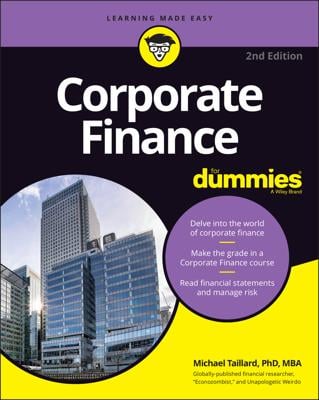A budget is a financial plan that includes both financial and non-financial information. Its most obvious features are revenue and expense projections — how much you anticipate earning and spending. The budget can also contain non-financial information, such as how many employees you think you need.
A budget is a forecasting document, but businesses also use it as a financial control tool to monitor activities in their business. One control is to review spending and ensure that you don’t exceed your budgeted spending. Often, a company (or a division or a department within it) isn’t allowed to spend more than has been budgeted.
Budgets cover a specific period of time, most commonly a year, and they look into the future. Although you use historical information to develop a budget, the activities you plan happen in the future.
The master budget is a comprehensive picture of your plans for the future and how the plans will be accomplished. It’s a summary of your financial and operating plans:
The financial plan (financial statements, really) is what you share with outside parties who need your budgeted information, including lenders, stockholders, and perhaps even government regulatory agencies.
The operating plan (also known as the operating budget) is used internally, mostly by managers, to set sales goals and develop their own budgets. You hand out the operating plan to each manager, and the managers implement the plan.
Operating plans can contain non-financial information. Decisions about production, hiring, and selling efforts are components of operating plans.

